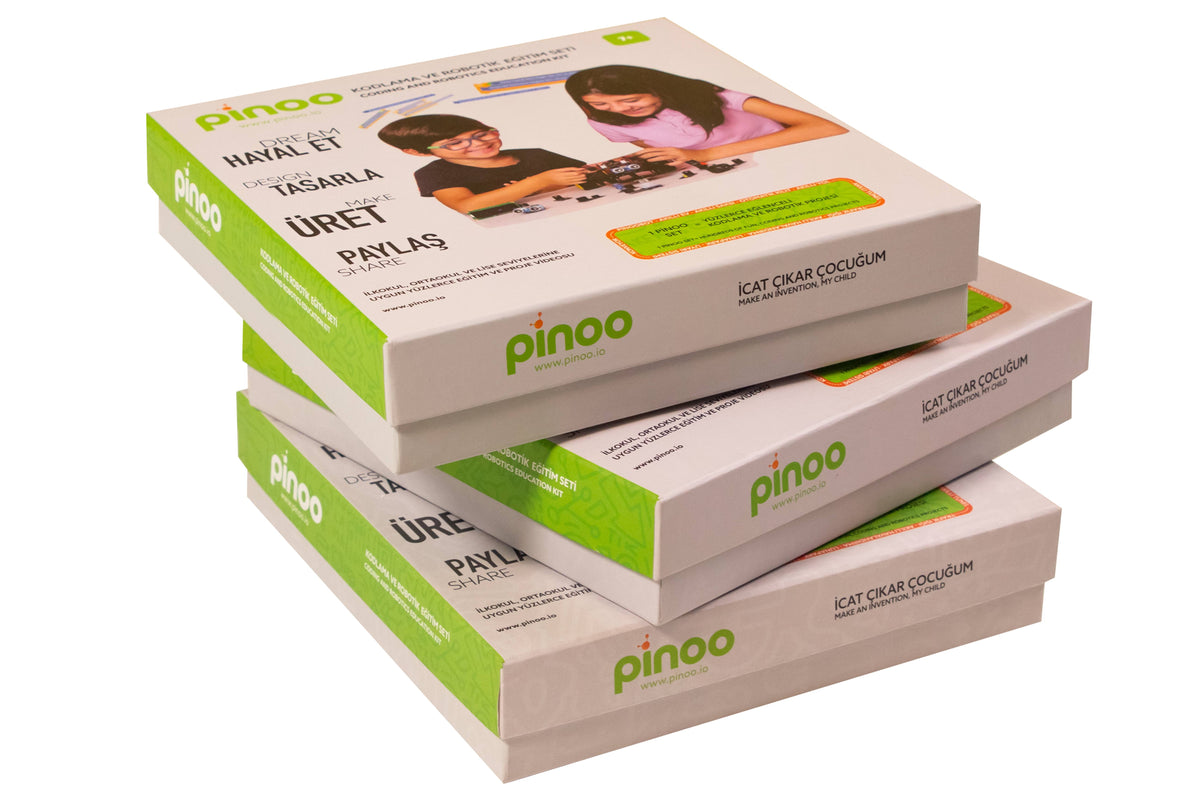Fish is a must for summer and winter tables! This indispensable food stands out with its strong nutritional values as well as its taste. So, does fish contain gluten? You are in the right place to learn!
Fish is one of the foods that should be included in the diet as it is a low-fat and high-quality protein! But the importance of fish does not only end there. Due to the vitamins and minerals it contains, fish also contributes to reducing the risk of many diseases in the long term. So much so that, as an important source of omega 3 fatty acids, this nutrient helps maintain the ideal functions of the cardiovascular system and brain. Moreover, all its effects are not limited to this!
Fish is among the foods recommended to be consumed regularly by experts, as it contains many vitamins and minerals. For example; The American Heart Association says an ideal diet should include fish at least twice a week.
Well, do you think that such an important nutrient can be consumed by celiac patients and people with gluten sensitivity who need to follow a special diet? Let’s look at the answer to this question together and find out whether there is gluten in fish!
Is There Gluten in Fish?
While there are fish varieties to suit every taste, there are also many fish that require different cooking styles! For example; Summer fish include delicious varieties such as mullet, whiting, sea bass, sardine, horse mackerel and chinakop. Winter fish consists of fish varieties such as anchovy, bluefish, bonito and salmon, which become even more delicious in the cold seasons.
All fish can come to the table in many cooking styles to suit personal preference and taste. It is widely wondered whether fish, which is extremely rich in vitamins and minerals and is a favorite of many people with its taste, contains gluten. So, without making you wait any longer, let us explain! Fish does not contain gluten. However, in order for fish to maintain its natural gluten-free structure, it must be consumed fresh and unprocessed.
Processed fish purchased from markets may become gluten-containing by cross-contamination during the production phase. It is necessary to check whether the products sold in this way carry the “gluten-free” label. In addition, it is of great importance to prepare and cook fish with gluten-free ingredients in order to preserve its gluten-free structure. For example; Corn flour, which is naturally gluten-free, is a suitable option for frying fish. However, wheat flour containing gluten naturally makes fish gluten-free.
Nutritional Elements of Fish

People with gluten sensitivity or celiac disease cannot consume a gluten-containing food, even if it has rich nutrients. For this reason, it is a great advantage that an important food such as fish can be consumed by people who need to follow a gluten-free diet. Because in this way, it becomes possible to absorb many vitamins, minerals and fatty acids into the body naturally. The nutritional elements contained in fish may vary depending on the type of fish and the way it is cooked. On the other hand, the nutritional elements of some fish varieties can be compared as follows:
Is There Gluten in Fish Oil?

Fish oil is a type of animal fat that is extremely rich in omega 3 fatty acids and vitamins D and B2 (riboflavin). Among the fish containing the most fat are herring, sardines, salmon, trout, anchovies and tuna. These fish, which have a high oil content because they grow in the open seas, can also be called “deep sea fish”. Like all types of fish, oily fish do not contain gluten in their natural state.
People who do not want to consume fish can use fish oil supplements with the advice of a physician in order to get the important nutrients in fish oil. Fish oil supplements are derived from oily fish such as mackerel, herring and tuna. Fish oils are divided into two: liquid and capsule form. Well, let’s get to the real question: Does fish oil contain gluten?
Many fish oil brands are labeled as “gluten-free products” because the fish from which the oil is obtained do not contain gluten. But cross contamination etc. Depending on the risks, there may also be fish oil types that contain gluten. For this reason, it is necessary to carefully examine the label information before purchasing fish oil.
Is There Gluten in Tuna?

Tuna is a must for delicious sandwiches and special recipes. Thanks to its unique taste and rich vitamin and mineral content, tuna is among the most consumed fish types. This food is frequently preferred because it is an easy-to-prepare food alternative. Naturally, fans are wondering whether tuna contains gluten. So let’s explain right away!
Tuna does not naturally contain gluten. Many types of canned tuna are also suitable for a gluten-free diet. However, some canned tuna may contain gluten due to cross-contamination. For this reason, before purchasing canned tuna, it is necessary to check whether the label contains the word gluten-free.

*The explanations on this page do not constitute health advice or warning and are for informational purposes only. You should definitely consult your dietician about the foods you want to add to your daily diet.
MD, Prof. Sea South Duman Approved by






